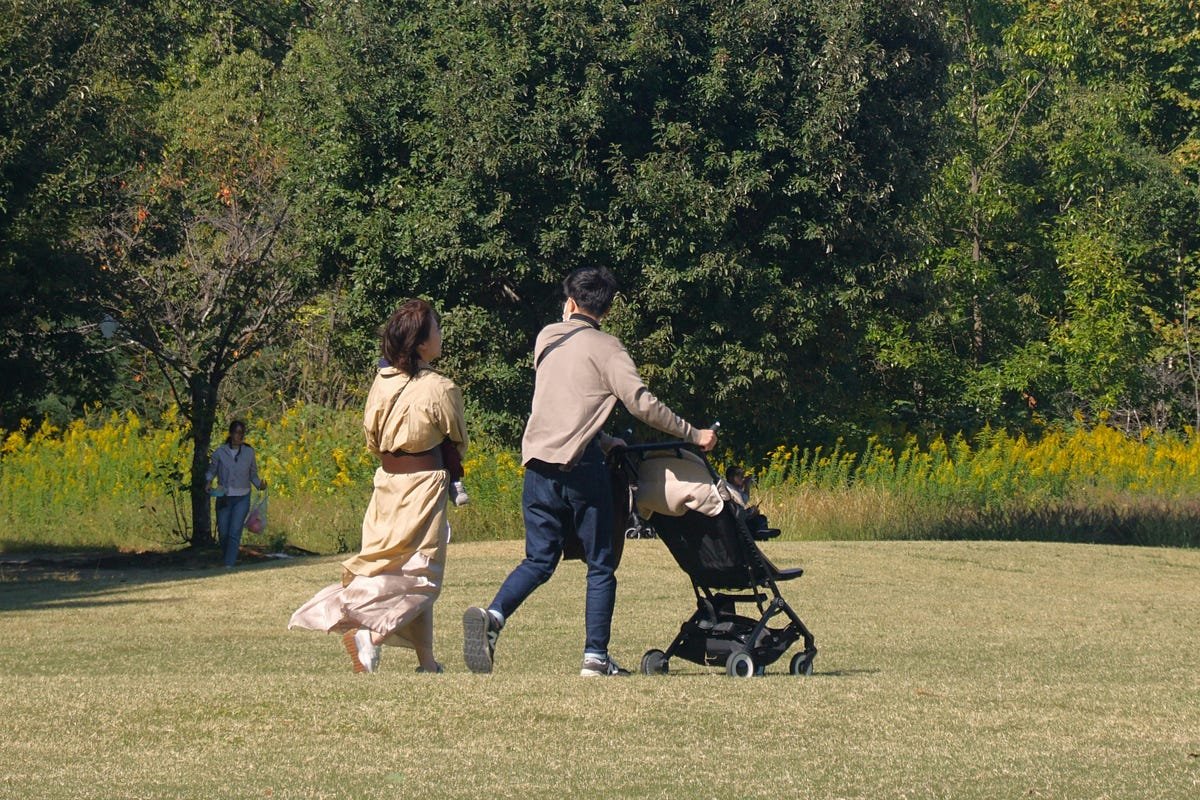The Beginning: Deciding to Pursue Infertility Treatment in Japan | by Mr.Gonbee | Sep, 2025

This is the beginning of our story. We decided to pursue infertility treatment in Japan — and in the end, we were able to have a child.
The future is still uncertain, but I would like to record how we reached this point.
How We Met and Our Life Together
My wife and I first met in college through volunteer activities.
We have very different personalities: I tend to be a rather dry, rational type, while she is more warm-hearted and emotionally expressive. Spending time together in those activities gradually led us into a relationship.
After we got married, life without children still felt fulfilling. With a combined annual income of around 8 million yen (roughly 55,000 USD), we could live what we considered a “normal” life in Tokyo. We could buy the things we wanted, take trips when we felt like it, save for the future, and even afford a home. In a society where maintaining stability is increasingly difficult, we felt secure and content, even without children.
My Aversion to Sexual Intercourse
One fact shaped our marriage: for the first five years, the chance of conceiving was zero. I have a deep aversion to sexual intercourse itself.
From the beginning of our relationship, we tried several times, but whenever it reached the point of penetration, I experienced a strong rejection that made it impossible to continue. This was not about lacking desire or affection for my wife; I do feel sexual attraction in general. But when it came to intercourse itself, I could not overcome a deep psychological block.
At first, this caused her a lot of stress. Eventually she stopped bringing it up, and after we got married, we had an honest conversation. She may not have fully accepted it, but she did come to understand. Importantly, she chose not to place the burden of “fixing” myself on me. I know this was not easy, and I remain deeply grateful for her acceptance.
Family Pressure and Differences in Background
My wife’s family comes from a more traditional, rural part of Japan, where the expectation of having children — especially for daughters — remains strong. They never told me directly to “have a child,” but they repeatedly said so to my wife. Every phone call seemed to bring up the topic, and it became a heavy pressure on her. I never heard it firsthand, but I could see how much it weighed on her.
In contrast, my own family barely intervened at all. My parents divorced when I was nine, and I was raised by my mother. She is a writer and often mentions my older brother in her works, but never once has she written about me. My brother resembles our grandfather (her father), while I clearly resemble my father. This difference may have shaped the way she related to us. Whether my perception is accurate or not, I have long felt that she had little interest or expectation toward me. Compared with my wife’s family, the gap in family dynamics was striking.
Why We Chose Infertility Treatment
Personally, I was hesitant about having children. Through my work in youth support, I have seen many young people struggling with developmental disorders and social difficulties, and also the parents who carry those burdens. That reality made me very aware of the risks and hardships of raising a child. My wife, as a teacher at a tutoring school, had her own share of concerns from daily interactions with children. Yet, the desire to have her own child never fully disappeared.
Around the age of 30, my wife began to think seriously about the biological limits of childbirth. High-risk pregnancies in later years are possible, but we both felt we should try earlier if we were going to try at all. We also agreed on a clear boundary: if we could not conceive by the time she turned 35, we would stop treatment. With that understanding, when she told me she wanted to pursue infertility treatment, I had no reason to refuse. I could not let my own personal issues be the reason she was forced to give up on motherhood.
Conclusion
That was the beginning of our infertility journey in Japan. It led us to where we are now — living with a child we once thought we might never have.
We do not know what lies ahead, but documenting the choices and struggles that led us here feels meaningful in itself.


